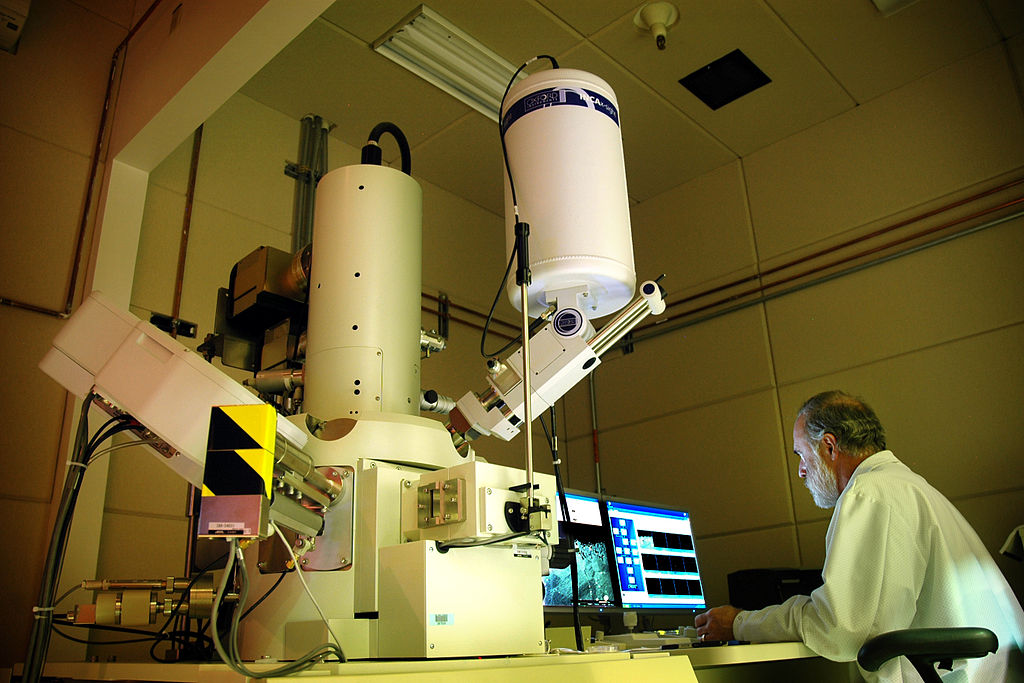Key Difference – Case Study vs Survey
When carrying out research, case studies and surveys are two methods used by researchers. Although both are used to collect information, there is a key difference between a case study and a survey. A case study involves researching an individual, group, or specific situation in-depth, usually over a long period of time. On the other hand, a survey involves gathering data from an entire population or a very large sample to understand opinions on a specific topic. The main difference between the two methods is that case studies produce rich, descriptive data, while surveys do not; instead, the data collected from surveys is more statistically significant.
Key Takeaways
- Case studies involve in-depth research of an individual, group, or specific situation, while surveys gather data from an entire population or a large sample.
- Case studies produce rich, descriptive data, while surveys produce data that is more statistically significant.
- Case studies are used in qualitative research, while surveys are mostly used in quantitative research.
What is a Case Study?
A case study refers to an in-depth study in which an individual, group, or a particular situation is studied. This is used in both natural and social sciences. In the natural sciences, a case study can be used to validate a theory or even a hypothesis. In the social sciences, case studies are used extensively to study human behavior and comprehend various social aspects. For example, in psychology, case studies are conducted to comprehend individual behavior. In such cases, the researcher records the entire history of the individual so that it enables him to identify various patterns of behavior. One of the classic examples of a case study is Sigmund Freud’s study of Anna O.
Case studies typically produce rich descriptive data. However, they cannot be used to provide generalizations on an entire population since the sample of a case study is usually limited to a single individual or a few individuals. Various research techniques, such as interviews, direct and participatory observation, and documents can be used for case studies.
What is a Survey?
A survey refers to research where data is gathered from an entire population or a very large sample to understand the opinions on a particular matter. In modern society, surveys are often used in politics and marketing. For example, imagine a situation where an organization wishes to understand the opinions of consumers on their latest product. Naturally, the organization would conduct a survey to comprehend the opinions of the consumer.
One of the most powerful research techniques used for surveys is the questionnaire. For this, the researcher creates a set of questions on the topic for which he will gather information from the participants. Unlike case studies, the data gathered from surveys is not very descriptive. Instead, they are statistically significant.
What is the difference between Case Study and Survey?
Definitions of Case Study and Survey:
Case Study: A case study refers to an in-depth study in which an individual, group, or a particular situation is studied.
Survey: A survey refers to research where data is gathered from an entire population or a very large sample to understand the opinions on a particular matter.
Characteristics of Case Study and Survey:
Research Type:
Case Study: Case studies are used in qualitative research.
Survey: Surveys are mostly used in quantitative research.
Data:
Case Study: Case studies produce rich in-depth data.
Survey: Surveys produce numerical data.
Sample:
Case Study: For a case study, a relatively small population is chosen. This can vary from a few individuals to groups.
Survey: For a survey, a large population can be used as the sample.
